Contents
- Tips to save electricity
- Tips to save water
- Tips to save water and energy
- Take advantage of solar energy
Spending more time at home doesn’t have to mean increasing your utility bill. If you want to save water and electricity, we recommend that you follow these easy tips to incorporate into your day-to-day.
Tips to save electricity

. Take advantage of natural light: Whenever possible, it pays to take advantage of natural light, especially in spring and summer, when the days are longer. Choose blinds or curtains that allow clarity to pass through and avoid glare, which is especially annoying when working, or viewing television screens, computer screens, smartphones…
. Disconnect electrical appliances: According to the International Energy Agency (IEA), there are devices that remain plugged in even if they are not used, thus consuming more electricity? So, for example, a laptop can draw up to 15.7 W (watts) when in “sleep” mode.
. For when it is necessary to turn on the light, use low consumption bulbs or LEDs: Since, in addition to saving, they are more useful when it comes to getting that warmer or colder light tone that each room needs.
. If possible, use the microwave instead of the oven: As it consumes 60% less energy. If you use the oven, take advantage of the residual heat to finish cooking the dish you are making. You can also cook several foods at the same time in the oven without odors or flavors mixing.
. Choose class appliances: As they consume fewer resources and are more efficient. Although their price is higher, the energy savings they generate compensate.
. Watch the isolation: Even simple measures, like putting up curtains and rugs in winter, and preventing air leaks from windows, doors, and vents, add up to 25% heating savings in cold climates.
. Study your energy bill: At what hours do you consume the most energy? Is your rate adapted to your current needs or is there another one that is better adapted? Reviewing your invoice also allows you to detect if there is any type of inefficiency in your installation.
Tips to save water

There are also small gestures that can help you save water while maintaining comfort at home and helping to achieve a more sustainable consumption for each of us.
. Better to shower than to take a bath: In a shower, you consume, on average, four times less water and energy than in a bath.
. Rationalize your water consumption: Do not leave the taps open unnecessarily (when shaving, brushing teeth …).
. Fix leaky faucets: The drips and leaks from the taps can mean a loss of 100 liters of water per month, avoid them!
. Put flow reducers (aerators) on the taps: These work as filters that, thanks to their multiple grids, “inflate” the water with air bubbles so that the jet appears more abundant. Paralyzers work in a similar way.
. Bet on the mixer taps: If you still have separate taps for hot and cold water, replace them with a single mixing tap, known as a mixer.
. To reduce the consumption of water in the toilet, a good alternative is to replace the old mechanism of the cistern with a double flush system.
Tips to save water and energy

Did you know that domestic hot water is, after heating, the second energy consumer in our homes with 25% of total energy consumption?
To save water and energy:
. Save 4-6% energy with thermostat temperature regulators.
. A temperature between 30ºC and 35ºC is enough to feel comfortable in personal hygiene, do not raise the temperature unnecessarily, this will allow you to save hot water.
Take advantage of solar energy
It is possible that residential buildings can integrate renewable energy systems to generate domestic hot water (solar thermal energy) or electricity (solar photovoltaic energy).
These energy sources are inexhaustible and free and save on energy bills by converting residential buildings into their own energy producers.
To do this, there is no single formula, but each building needs a particular study to identify which solutions are the most appropriate.



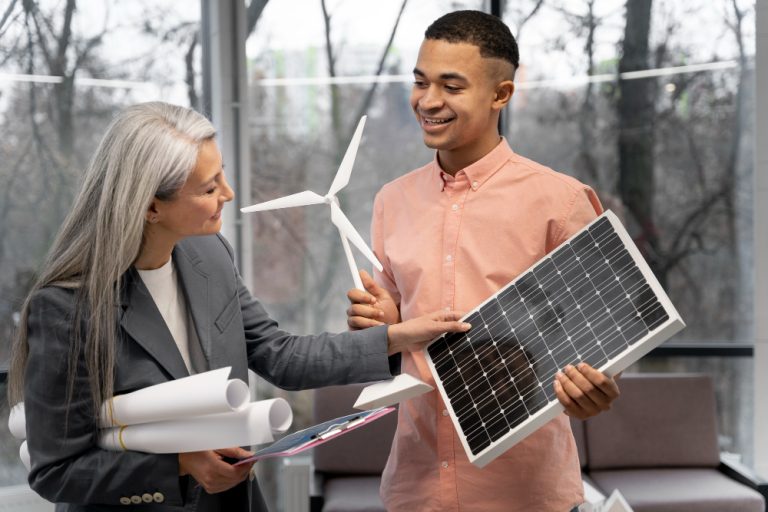
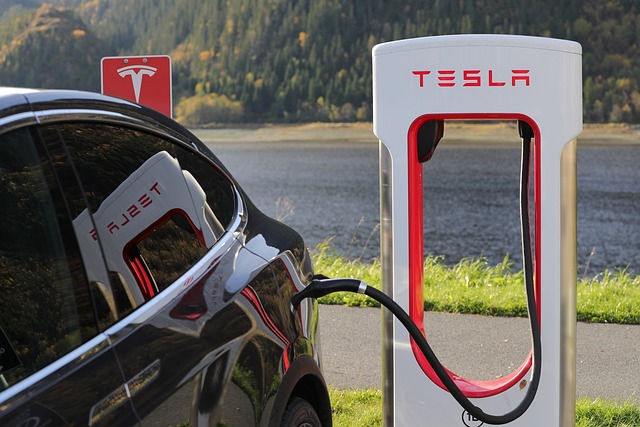

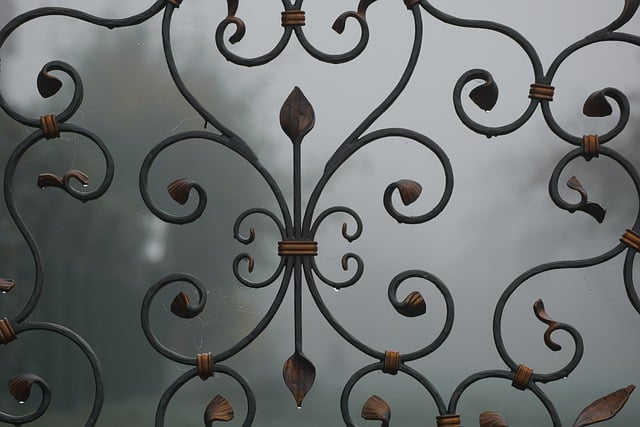
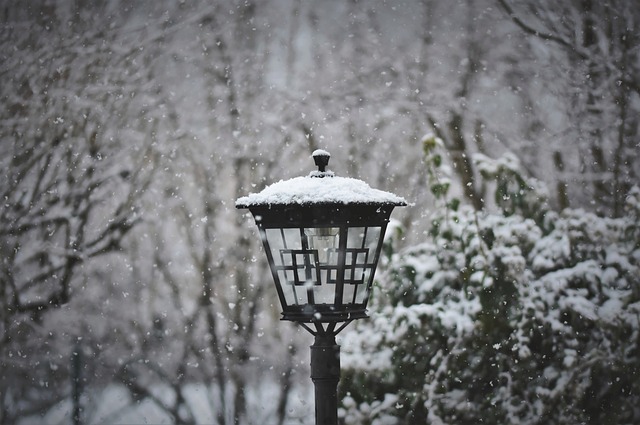
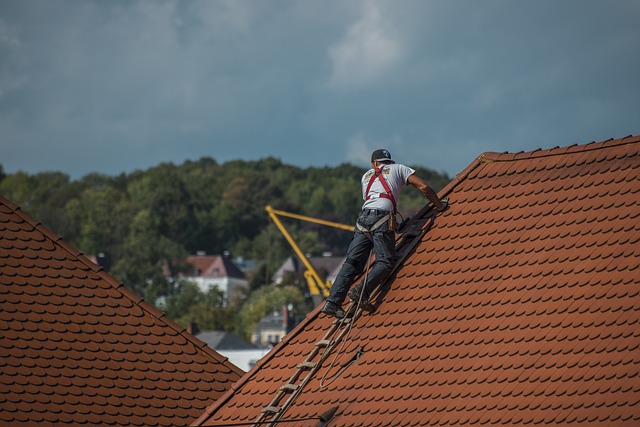

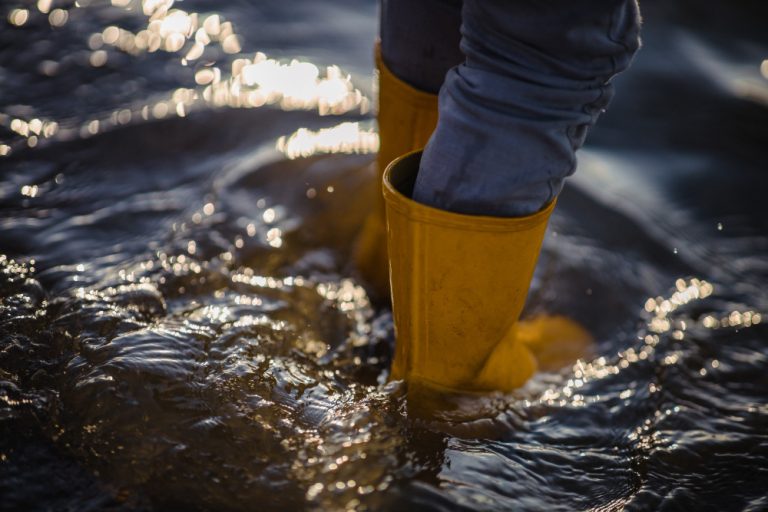

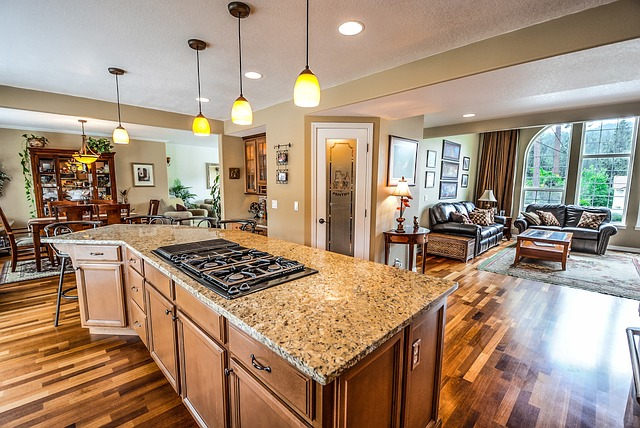
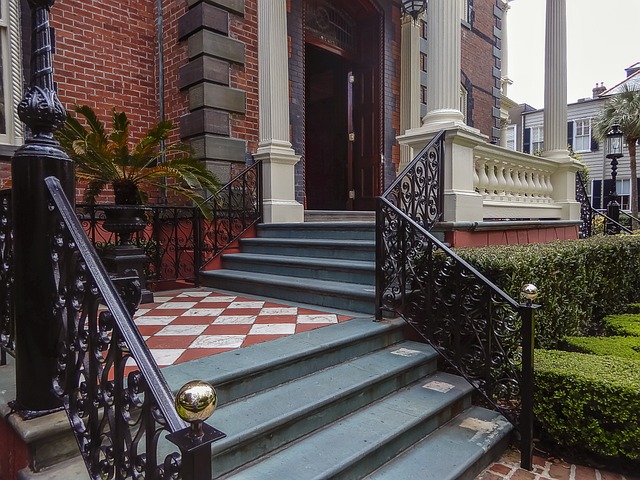
+ There are no comments
Add yours